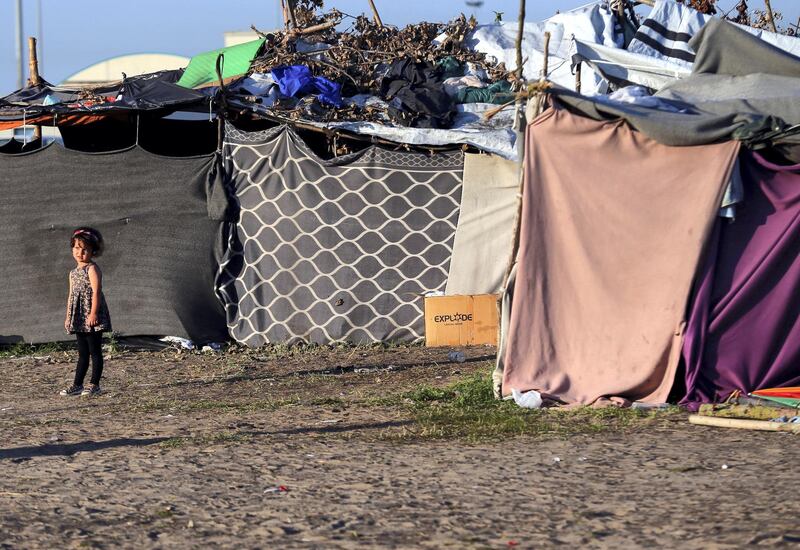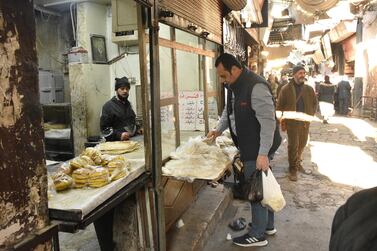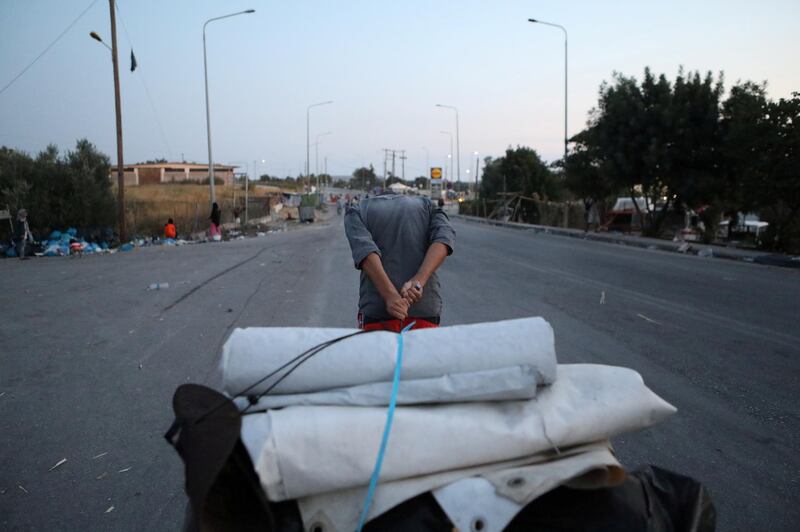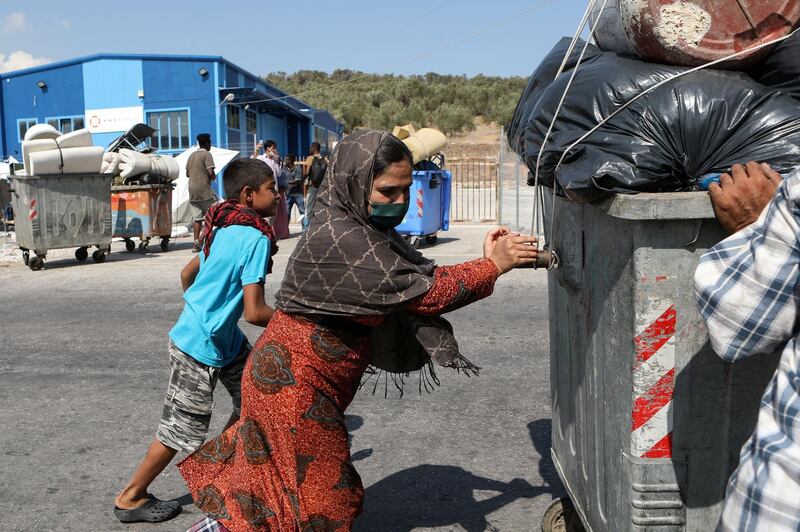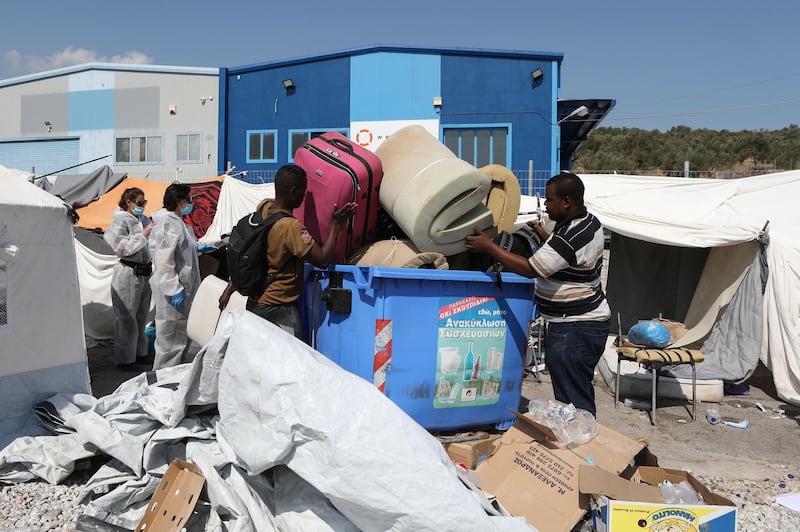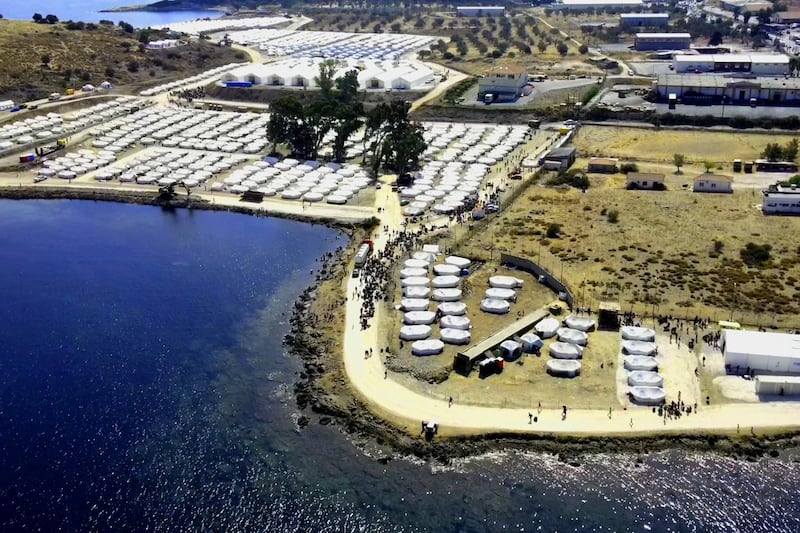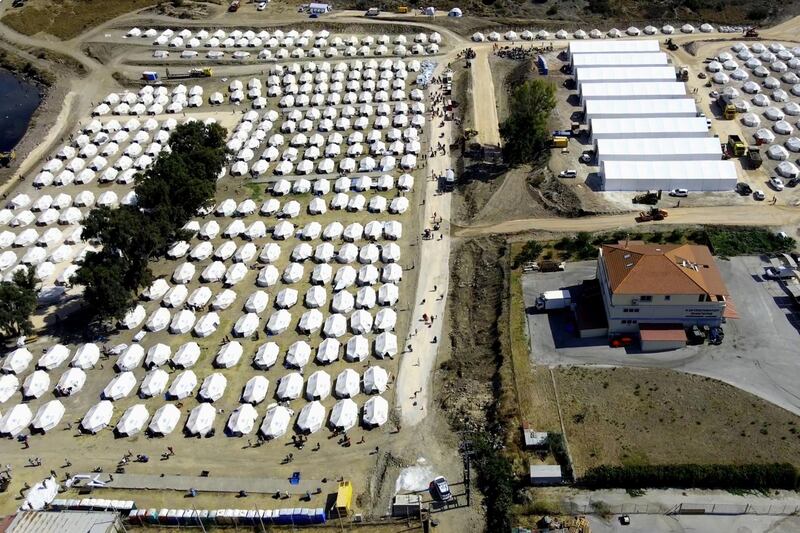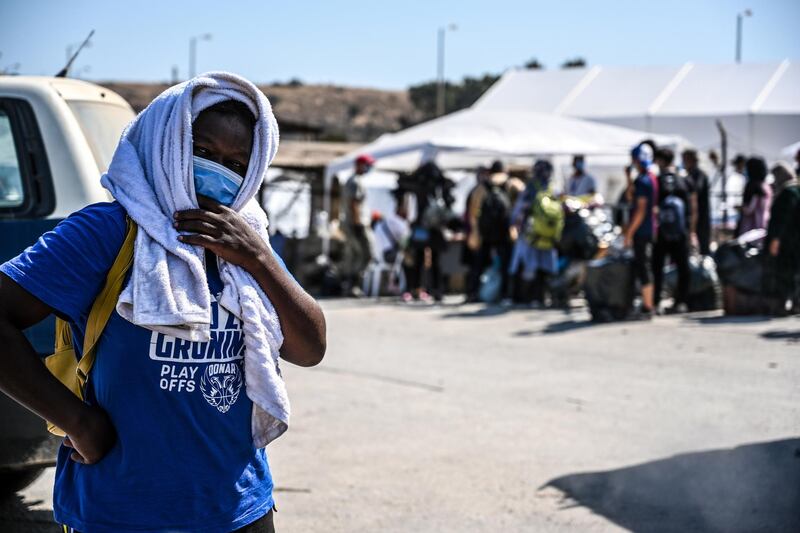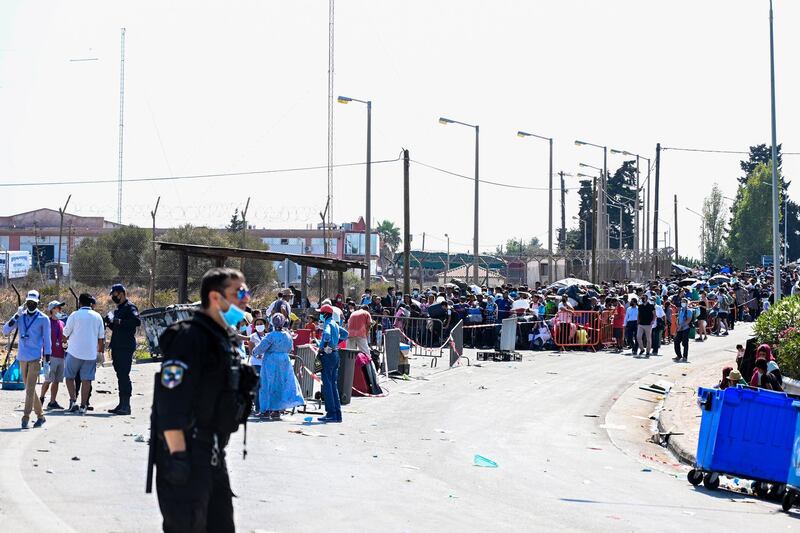Hungary was ordered to pay €28,500 ($34,426) in compensation to a family of Afghan-Iranian asylum seekers who spent four months in degrading conditions at a transit zone on the EU border.
The family of five, including three children and their pregnant mother, lived in a container that lacked adequate air conditioning and ventilation during the summer of 2017.
The European Court of Human Rights said there was insufficient medical care, not enough activity for the children and a lack of food at the Roszke camp on the border with Serbia.
The woman, who suffered from trauma-related mental health problems, was not given psychiatric treatment despite the authorities being aware of her case.
Male police officers were present when she was given gynaecological examinations.
“The presence of elements resembling a prison environment and the constraint inherent during confinement must have also caused the applicant children anxiety and psychological disturbance, and created degradation of the parental image in the eyes of the child,” the ECHR said.
After several months at Roszke, the family were moved to an isolation area for health reasons and were unable to contact other asylum-seeker families or representatives of NGOs.
There was no playground or activities specifically organised for the children, whose ages at the time ranged from seven months to seven years.
The court described the restrictions on movement as akin to a “type of light-regime detention facility” as the family awaited a decision on their asylum applications.
While the father – defined as a repeat asylum seeker – could have left the transit zone, this would have made his claim forfeit.
Referring to the father, the ECHR said the Hungarian government “failed to have due regard to the applicant’s state of dependency at the transit zone and failed to secure his basic subsistence there”.
The family, who were also awarded €5,000 in legal costs, have settled in Germany.
After a visit to the Roszke transit zone in September 2017, the commissioner of the UN’s refugee agency condemned the conditions and the slow rate at which refugees were admitted into Hungary.
“If you put together restrictions to access to territory – the use of detention for asylum seekers and the low recognition rates, coupled with the absence of any investment to encourage integration of those recognised as refugees – my fundamental impression is that there is an effort to limit severely the number of people allowed to come to Hungary to seek protection,” Filippo Grandi said.
“The refugees I met are simply in search of safety in Europe and now find themselves extremely anxious about their future.”
